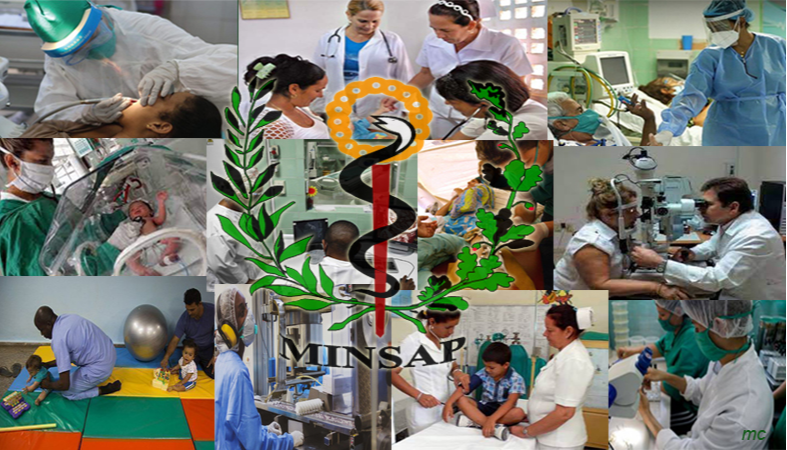
In 2023, the preliminary draft of Cuba's Public Health Law will be released, which includes novel aspects and ratifies access to health services as a right of all Cubans, a reality since January 1959.
By María Josefina Arce
In 2023, the preliminary draft of Cuba's Public Health Law will be released, which includes novel aspects and ratifies access to health services as a right of all Cubans, a reality since January 1959.
Since the beginning of the year, consultations will begin throughout the country with workers in the sector, deputies and, as usual, with the population in general, to hear their opinions and suggestions on the text, which will benefit society as a whole.
According to the Cuban Minister of Public Health, José Angel Portal Miranda, more than 1,300 professionals from different institutions have contributed to its conformation, who took into account the Constitution approved in 2019, the Family and Labor Code, as well as the Declaration of Human Rights.
The proposal has four titles and 210 articles, which incorporates an aspect of great importance, the relationship of man with the environment, since human health is closely related to the environment.
The WHO, World Health Organization, estimates that more than 13 million deaths a year in the world are due to preventable environmental causes and that one out of every four diseases can be linked to environmental factors.
These include conditions such as asthma, allergies, hearing and nerve disorders and certain types of cancers.
The main environmental problems related to human health are water, air and soil pollution, noise, chemical emissions, random pollution and climate change.
The inclusion of this aspect in the standard reinforces the Cuban government's programs aimed at mitigating the impact of environmental alterations on people's health and minimizing their risks.
In this regard, specialists have pointed out that the Cuban government's plan to face climate change, called Tarea Vida (Task Life), includes health welfare, as it contemplates elements such as environmental health, epidemiology, vector control and the use of science and technology.
The country is working to reduce or eliminate the effects of pollution in land and marine waters, the atmosphere and soil, while adapting policies for the management of waste and hazardous waste.
Cuba, even in the midst of its economic limitations, seeks to ensure the well-being of its citizens and guarantee rights such as access to health and living in a healthy environment.

